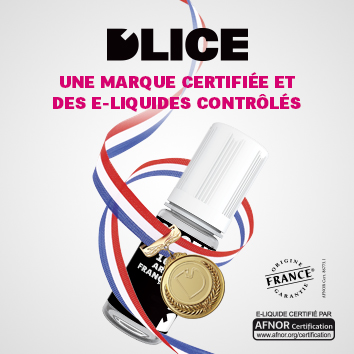CBD may help fight nicotine dependence

A recent study has shown that cannabidiol (CBD) may help people quit smoking tobacco. The substance, which is derived from cannabis, does not have the same psychotropic effect as tetrahydrocannabinol (THC). The recent findings may give hope to smokers wishing to quit tobacco.
Carried out by Chandni Hindocha, a PhD candidate at the University of London, the study was focused on the attention bias of smokers. Attention bias is based on our natural tendency to be focused on our main interests. In the case of smokers, their attention will be more focused on cigarettes, especially when they are experiencing symptoms of withdrawal.
A panel of 30 smokers aged 18 to 50 years old was chosen for the study. Participants were asked to smoke at least ten cigarettes/day for at least one year. Their nicotine dependence was analyzed with the Fagerström test, which was developed by a Swedish researcher in 1978. The test uses 6 questions to determine an individual user’s level of tobacco addiction.

Promising results that must still be confirmed
In order to analyze individual attention bias, participants were placed in front of a screen where flashing images appeared for a short amount of time. Then, a curser appeared on the screen, and participants were asked to quickly choose a photo. Some of the images used were meant to allude to smoking and cigarettes. Consequently, a person experiencing withdrawal symptoms from nicotine had a tendency to subconsciously choose images related to smoking.
Each test was carried out three separate times over a three-day interval in varying conditions. On the first day, the study was carried out right after the participant had smoked a cigarette. The second test was carried out after the participant had abstained from smoking for twelve hours. On the last day, some of the participants ingested an 800mg capsule of CBD, while the rest of the participants were given a placebo of lactose powder. The results were blatantly clear. Smokers who swallowed the CBD capsule before the test had a lower attention bias towards cigarettes than participants who were given the placebo.
This study seems to suggest that CBD could be used as an effective and interesting nicotine substitute. Nonetheless, in order to confirm the hypothesis, more large-scale experiments over a longer period of time need to be performed.






